Our view on value creation
04min read

James Craig
Portfolio Value Creation Lead
What do you mean when you say value creation?
Value creation can mean a lot of things to a lot of people, if you look at value creation at Puma, you need to look at it in the context of the businesses that we invest in. Typically we invest in companies in their ‘growth phase’, where revenue is between £1-10m and their annual growth is 10-25%. This investment period is full of execution challenge and risk. The founder is likely to be involved in most aspects of the business and there may or may not be a well-rounded management team, so making the transition to be on solid ground can sometimes be the trickiest part.
As investors we can’t expect the founder to have all of the answers having grown the business from a small operation to something that has three to four times the number of employees and many more customers. This is where Puma, as a growth investor, is able to help. Why can we help? We can help because we support and invest in 5 to 10 businesses every year. When you start to look at our portfolio as a whole, you start to see the same patterns and problems occurring just at slightly different times. Our ability to support the CEO, management team, and the business at the right time with the appropriate guidance is how I define value creation. It’s the ability to make several operational improvements across distinct strategic levers where each lever – whether that be sales & marketing, product or governance – can provide structure and stability to the business.
Put simply, value creation in a private equity backed growth business refers to the process of increasing the value of our portfolio companies through strategic change and guidance.
What would you say are the key factors that contribute to value creation?
I mentioned above about pulling certain levers to help support and change an outcome. A good example of this is building out the finance function, most businesses have a financial controller but have never considered a more senior role. Hiring a CFO or a Finance Director can be a sound strategic move, by recruiting someone with prior experience working with investors, acting as the right hand to the CEO and challenging where necessary. This person needs to be on top of the KPIs in the business, own the budgeting process, deliver management accounts and support strategic initiatives. They can be a real asset to the business particularly when it comes to providing more time and capacity to the CEO who can in turn concentrate on other business functions.
Other levers can be looked at across five key strategic pillars: people, governance, sales/marketing, product and support. Each of these has several areas of further exploration. Improve each one over time and the business will inevitably perform better.
Some of the key factors that contribute to value creation in growth businesses include:
- Strategic growth: identifying and pursuing new opportunities for growth, such as expanding into new markets or launching new products and services
- Operational efficiency: improving processes and cutting costs to increase profitability and free up resources for growth initiatives
- Effective leadership: having a skilled and experienced management team in place to guide the company through the growth phase
- Robust financial management: managing finances effectively, most importantly cash flow which is critical for our business – all about sustainable growth
- M&A: acquiring complementary businesses to expand the company’s capabilities and reach
- Building a strong culture: building a culture that is supportive of innovation and change, which is essential to promoting long-term growth and value creation
What does the team at Puma do in terms of value creation that is different?
Puma have been doing value creation for many years, but recently with my appointment as Portfolio Value Creation Lead, we are taking a more active approach to supporting our portfolio, whilst also looking to formalise and solidify our methodology into a repeatable process. With a background in consulting, I have helped many businesses over the years through their growth journey.
Our approach has always been to back management teams in businesses that can already demonstrate intrinsic value and my job is to provide support and guidance to get the most out of them, whilst looking to accelerate that growth, enabling management to get on with the operations of the business day to day. At Puma we pride ourselves on the support we give to each business post-transaction, across our expertise in investment, value creation, and our finance function. Combining these three functions ensures we provide the right support.
Post completion we work with management to build a consensus around the focus areas that will have the biggest impact, this takes the form of a 100-day plan. This is a great starting point to outline the most pressing steps the business should take to drive efficiency, improvement and top-line growth as soon as the deal closes. Several experts have provided guidance and insight as part of the investment process and so we need to quickly capitalise on this and action each of the recommendations.
We then look to supplement our experience with experts and subject matter specialists across multiple functions including the use of interim resources like CMOs, CFOs, CTOs, as well as specialists in their field who can help develop the strategy or create the function if it doesn’t already exist.
We offer peer-to-peer collaboration, through our Financial Leadership Club and our Senior Management Club. The challenges being faced by one portfolio company is typically being felt by a few others and with a growing portfolio it only makes sense that we discuss challenges that are faced by all in a collaborative environment.
We are also building out our methodology that will take the form of playbooks consisting of insights, templates and approaches.





